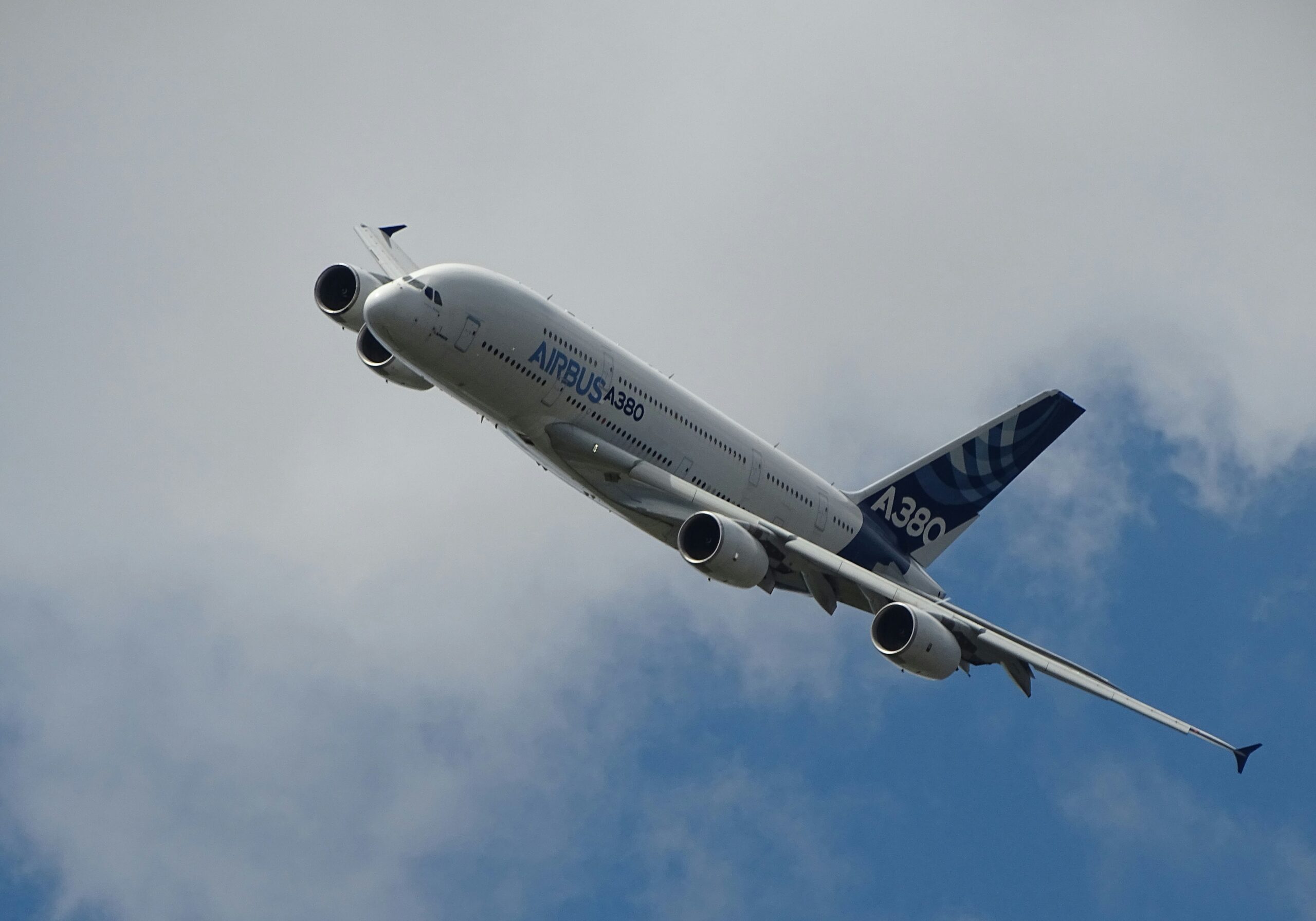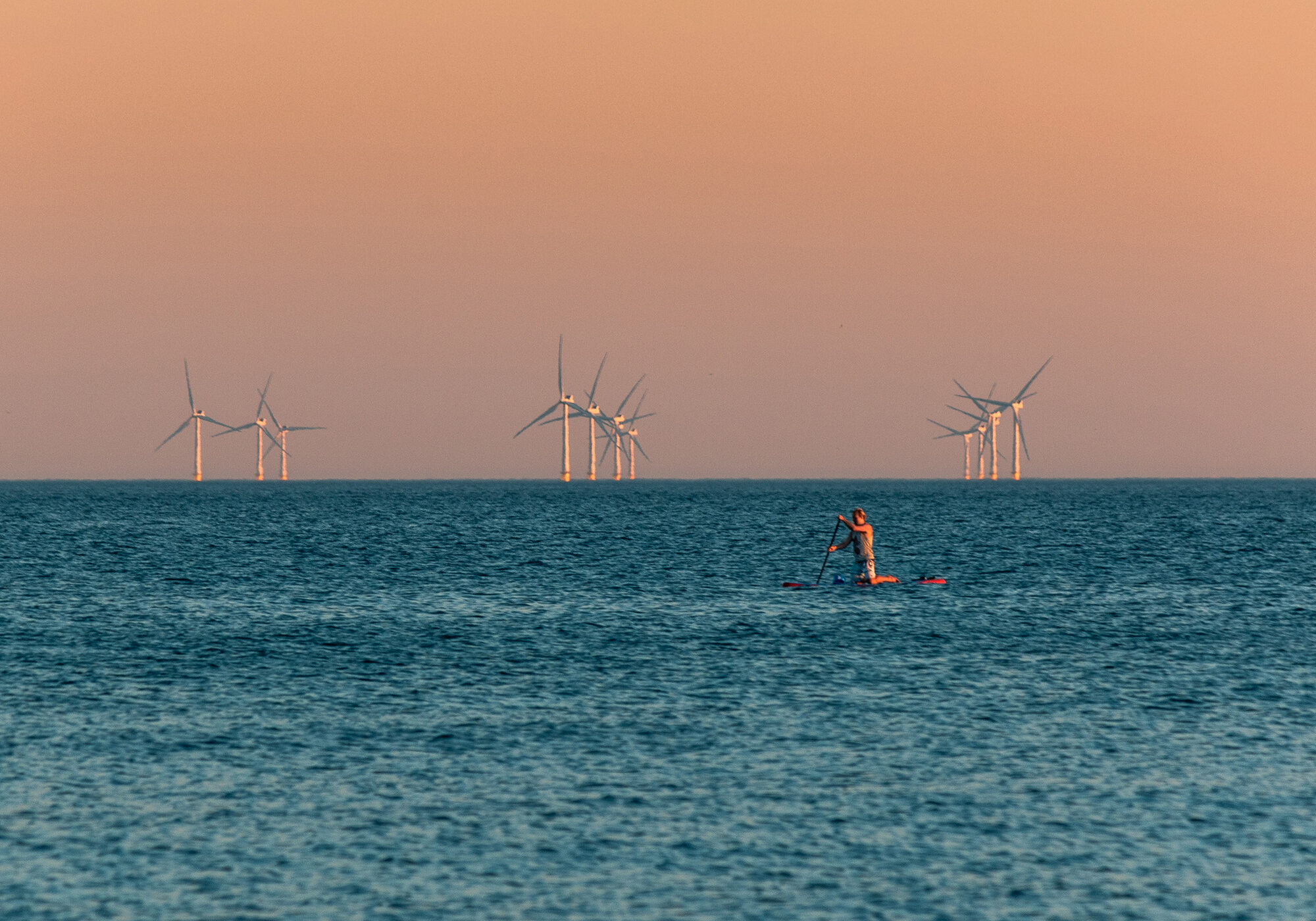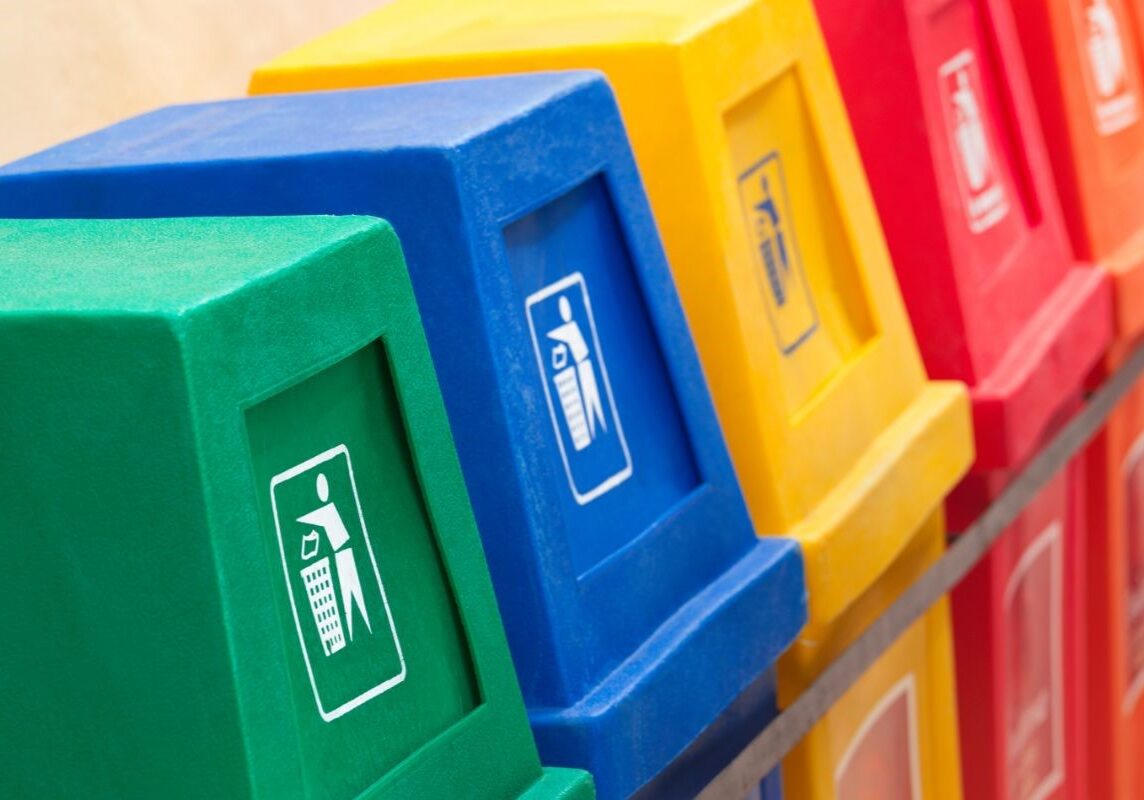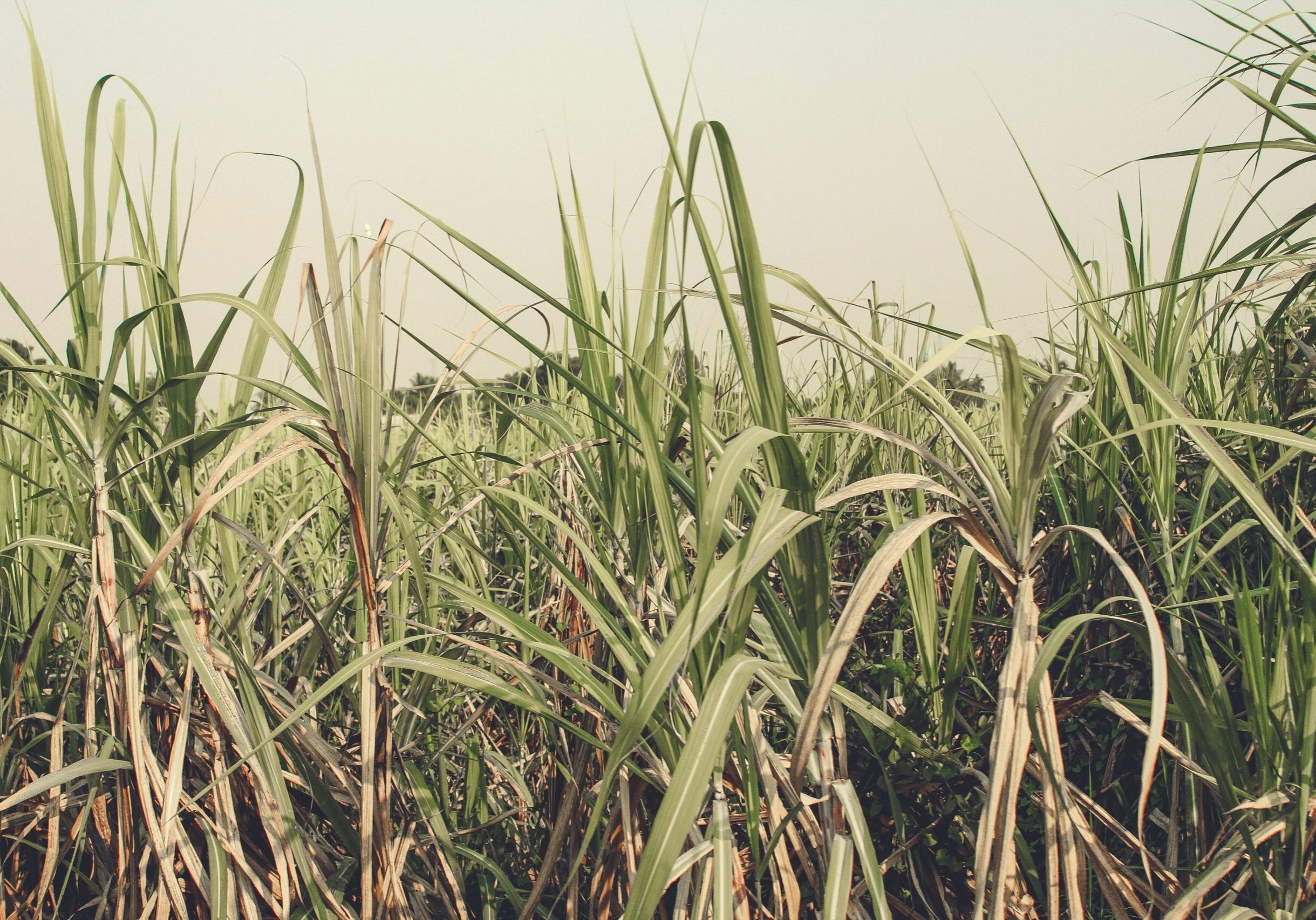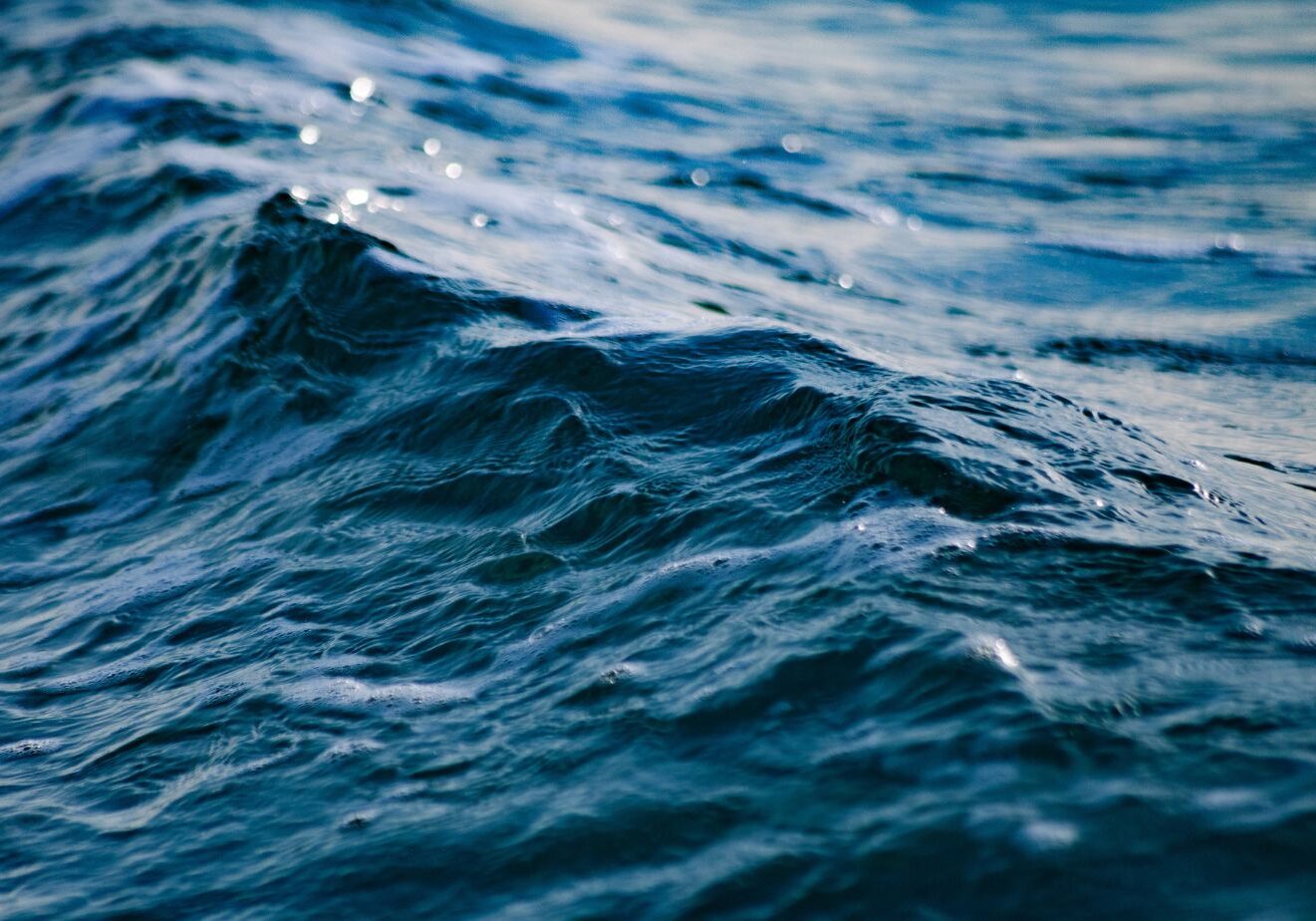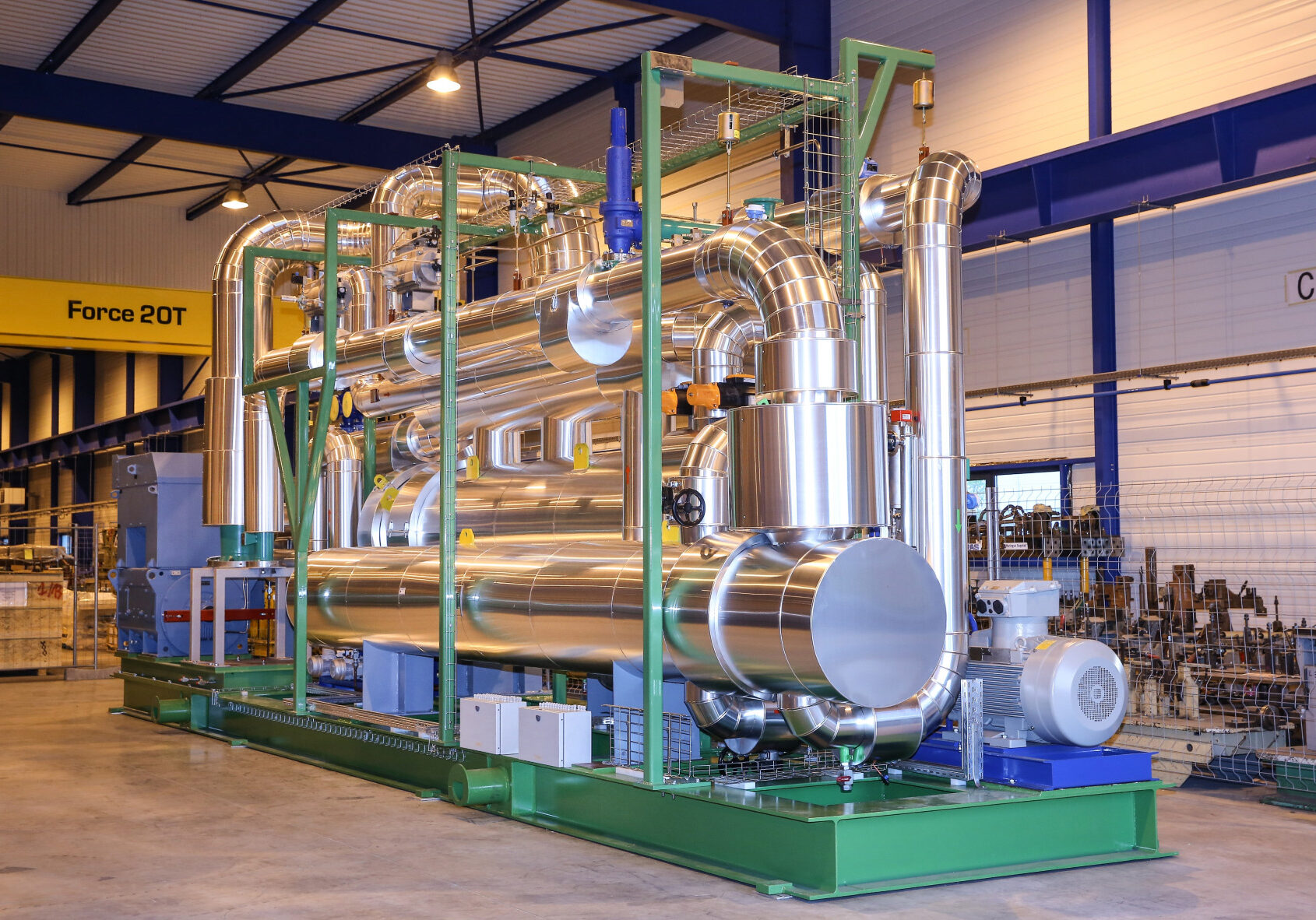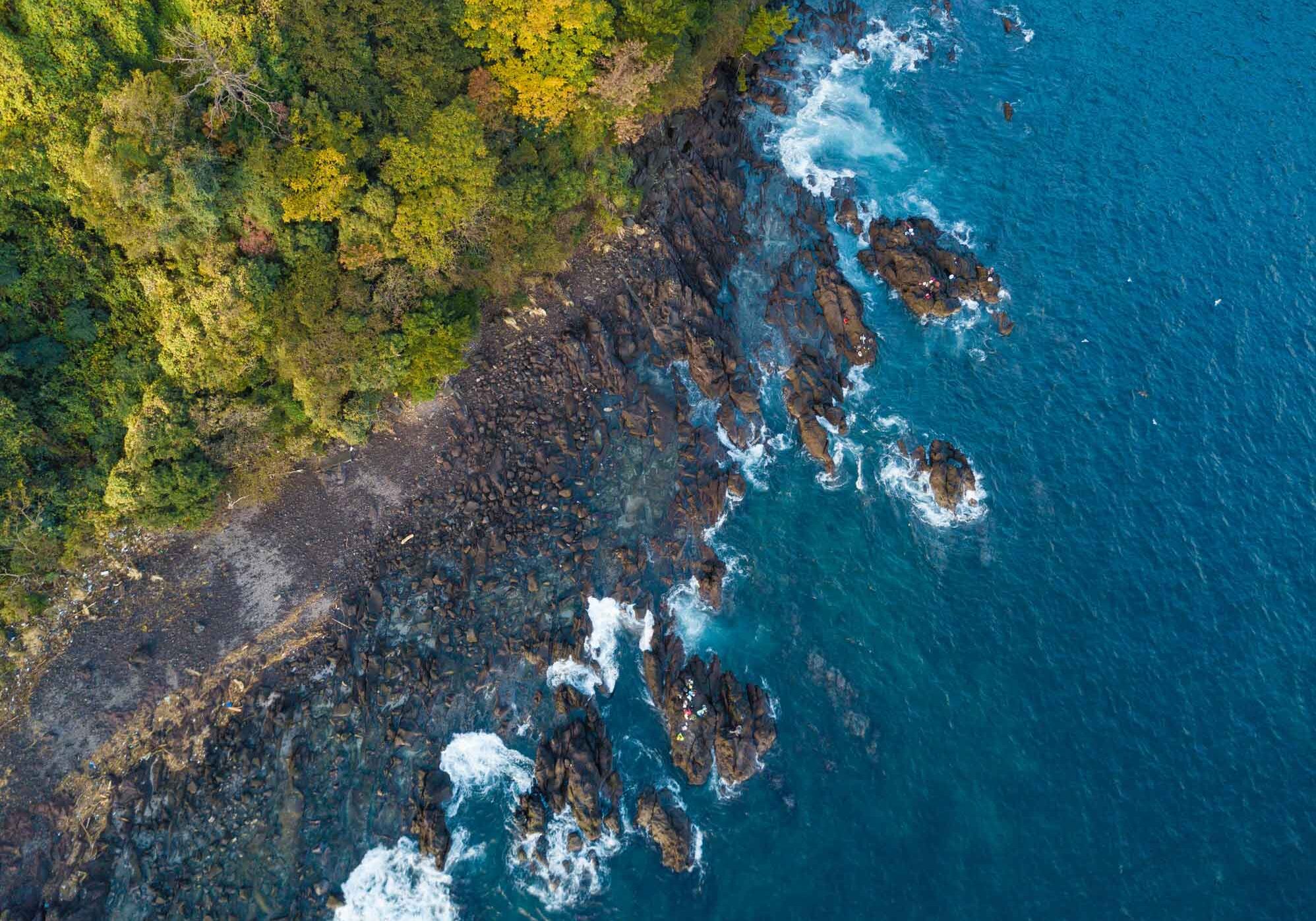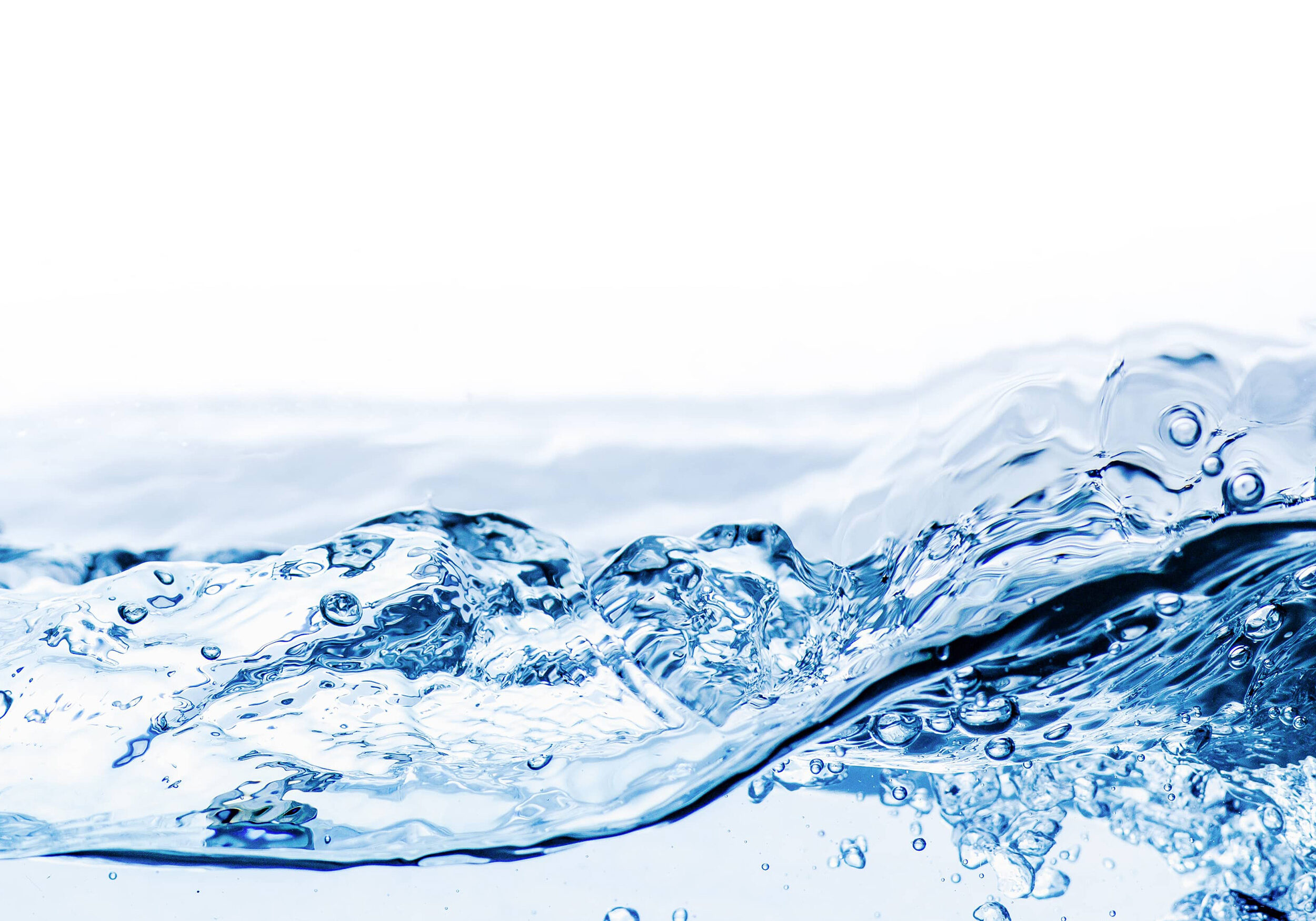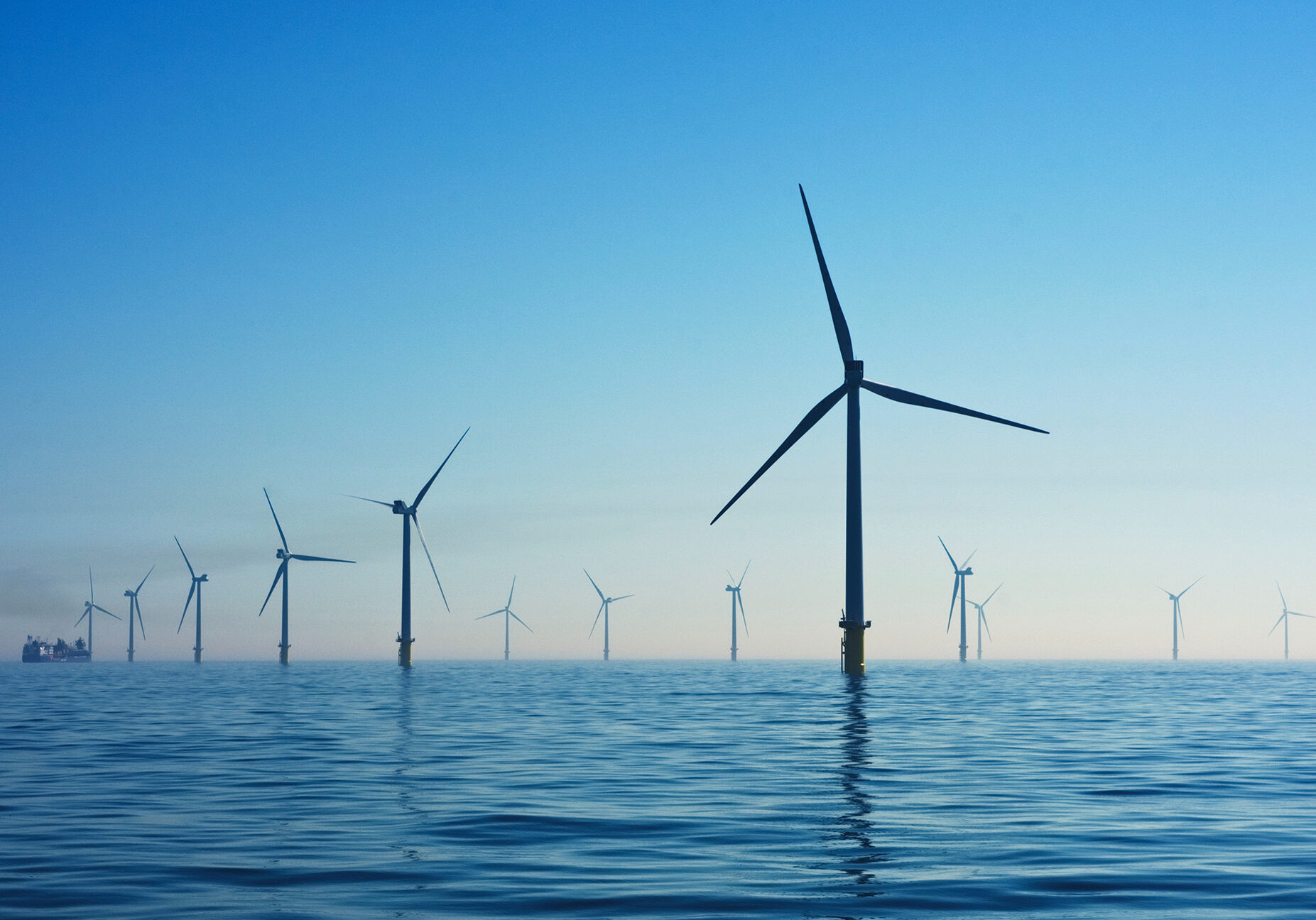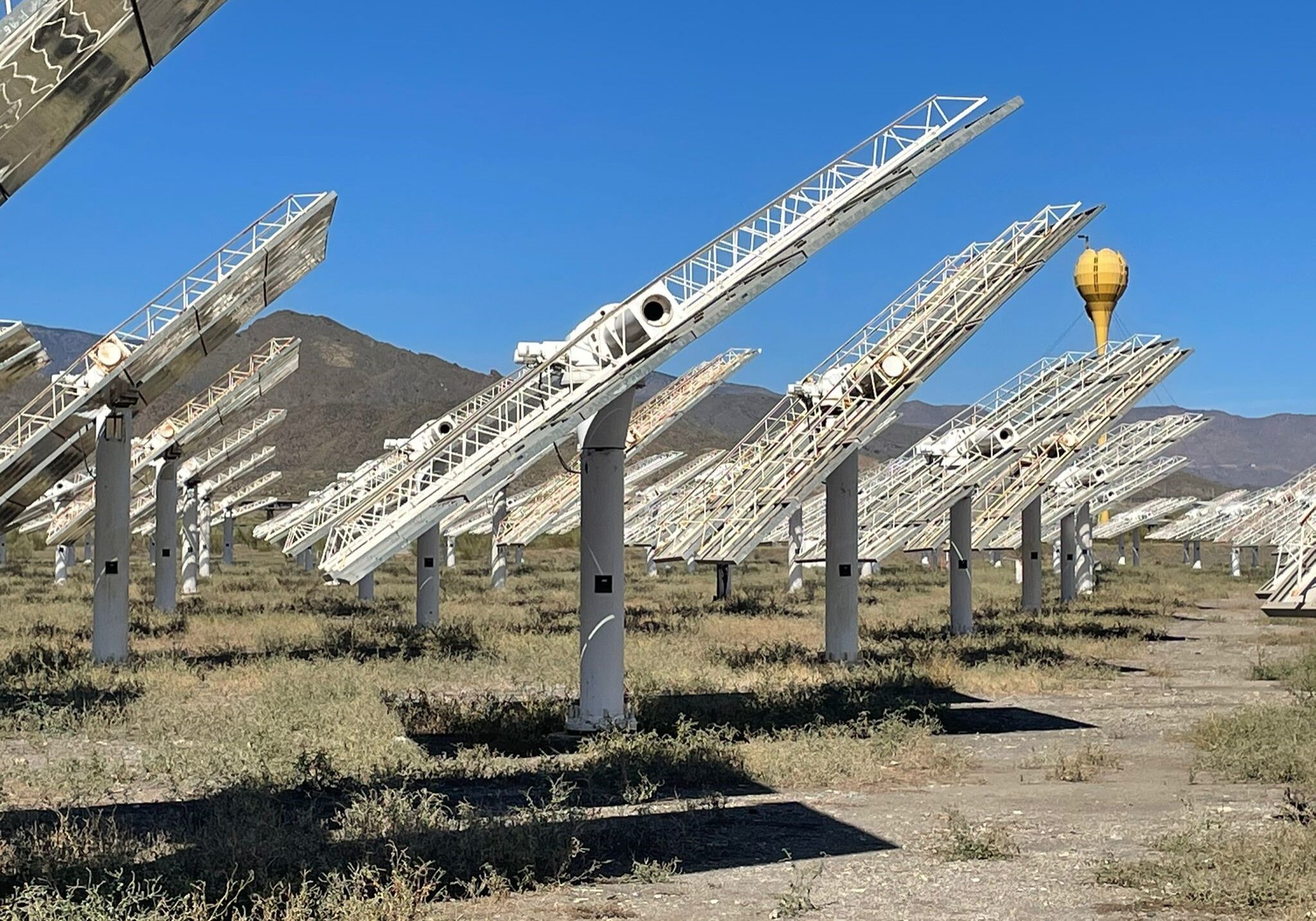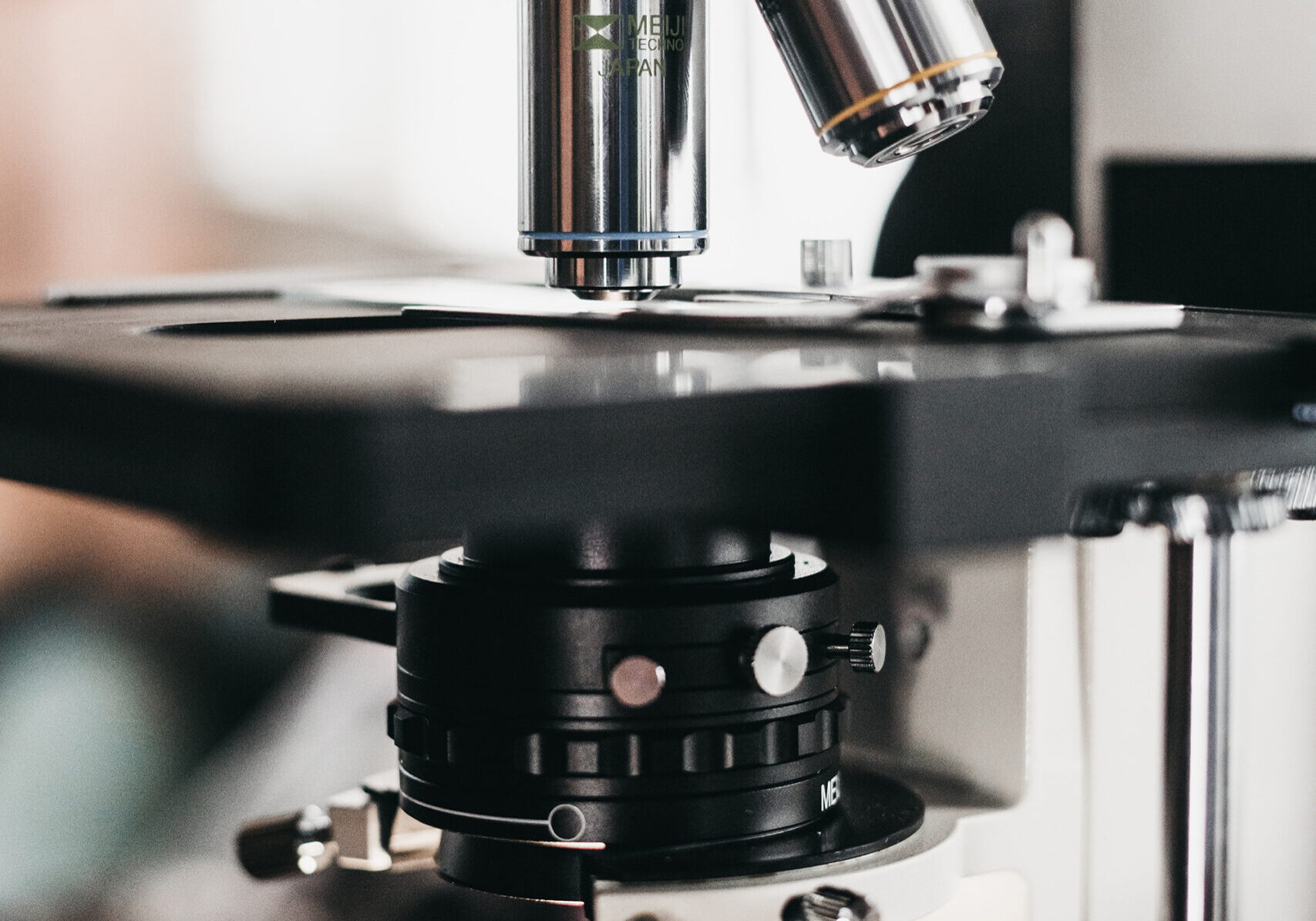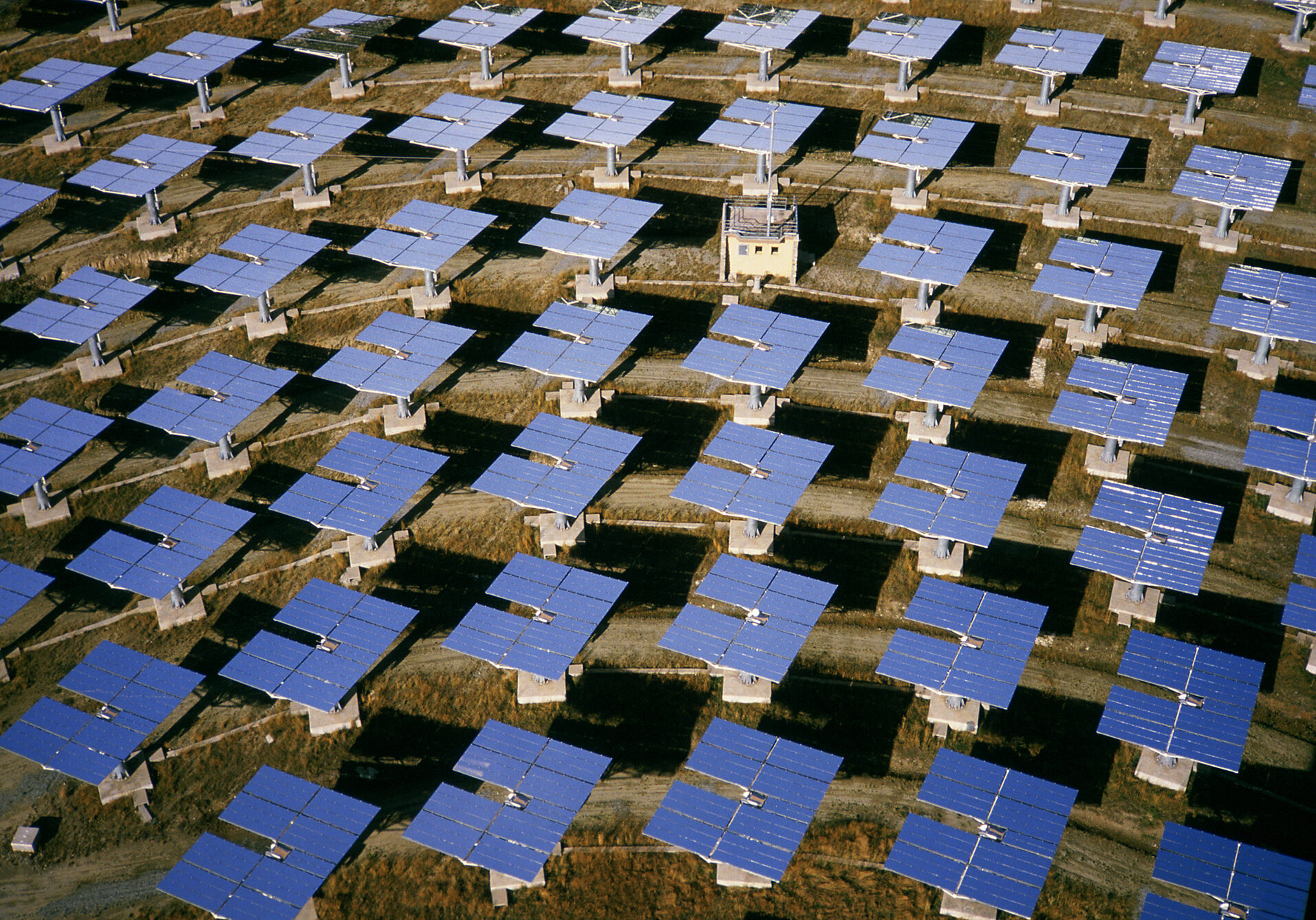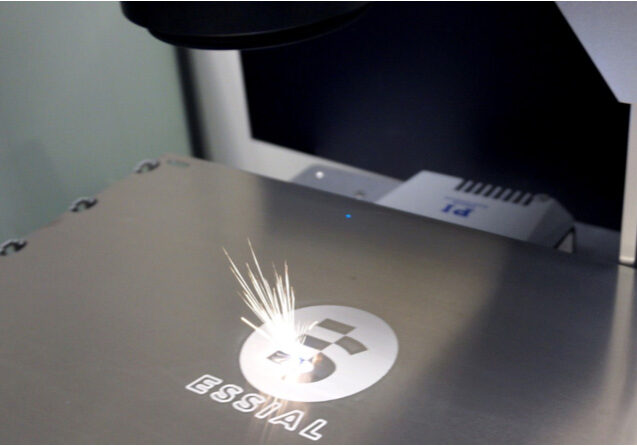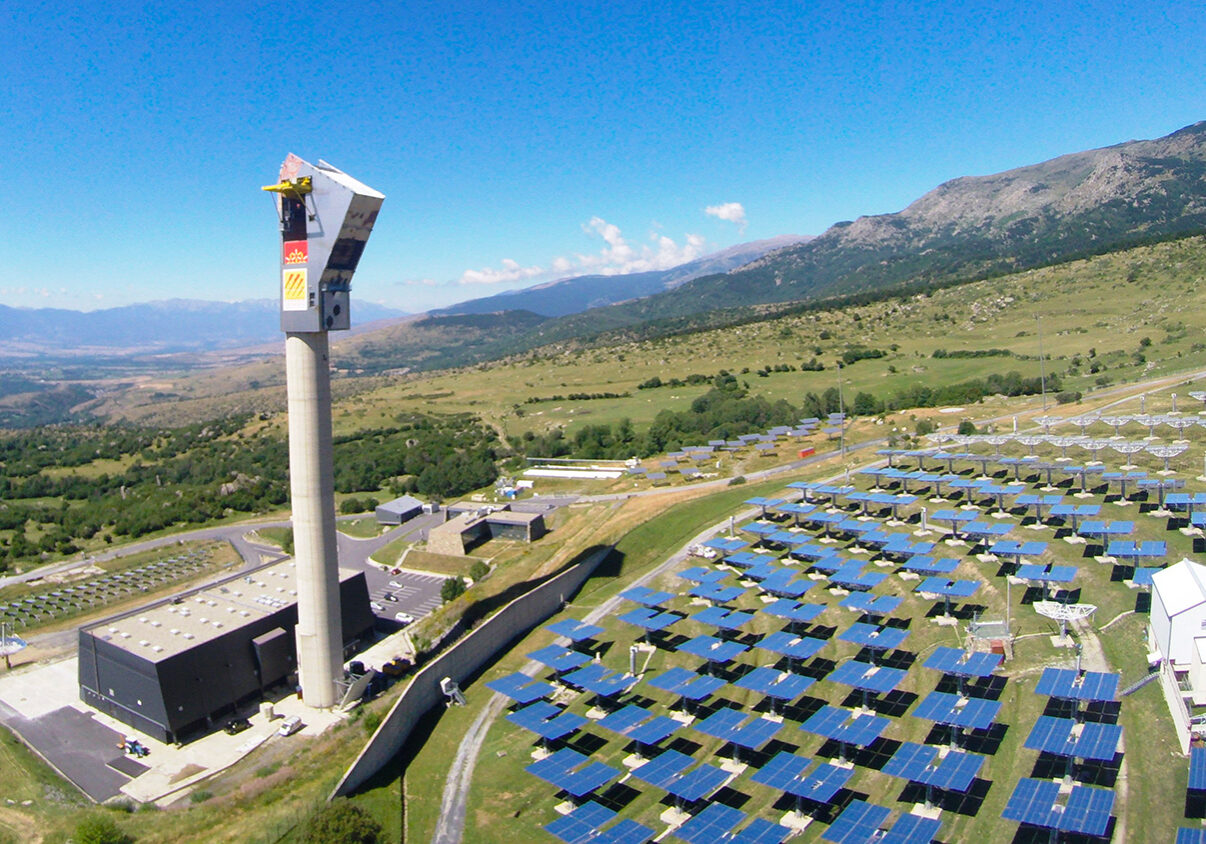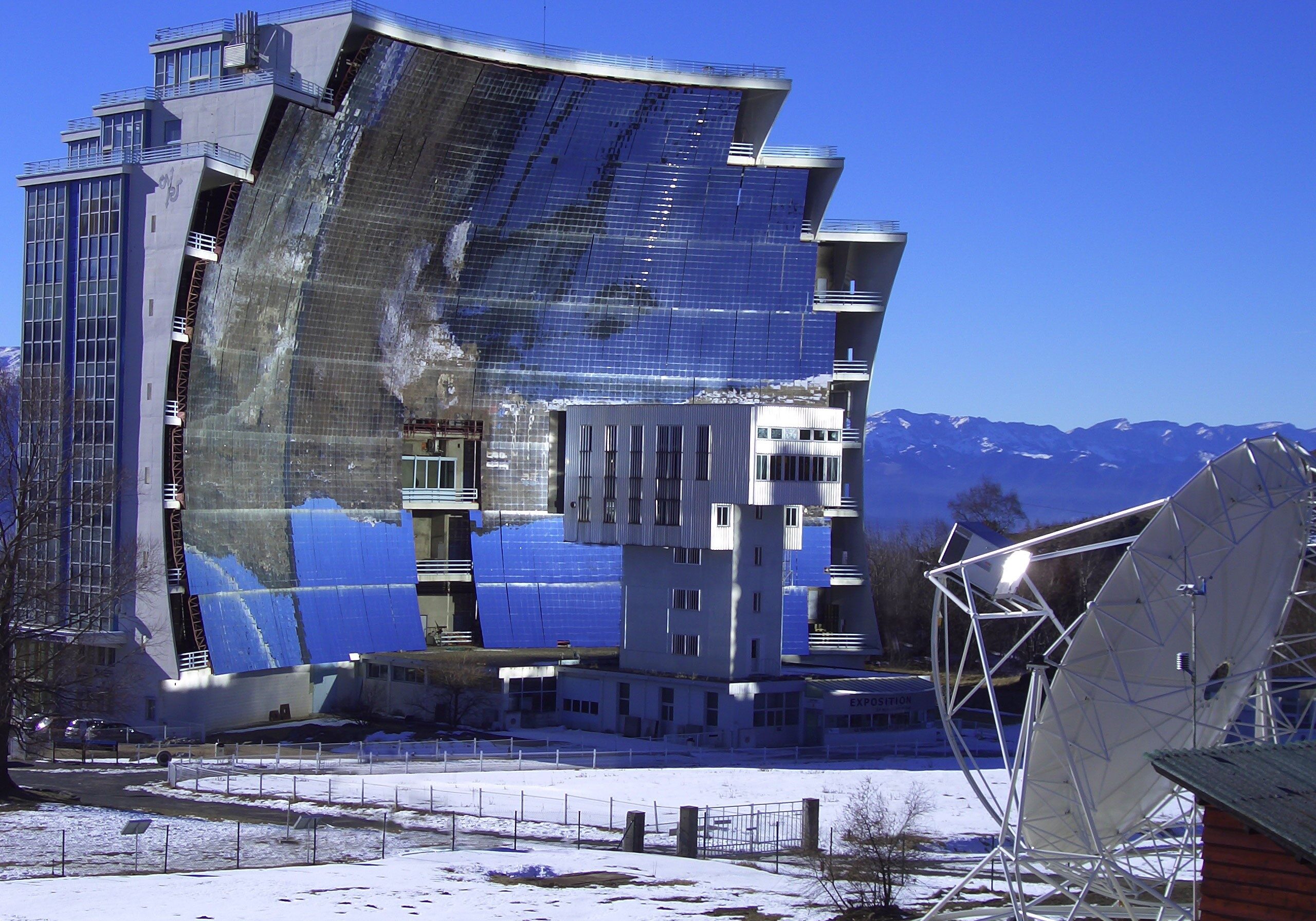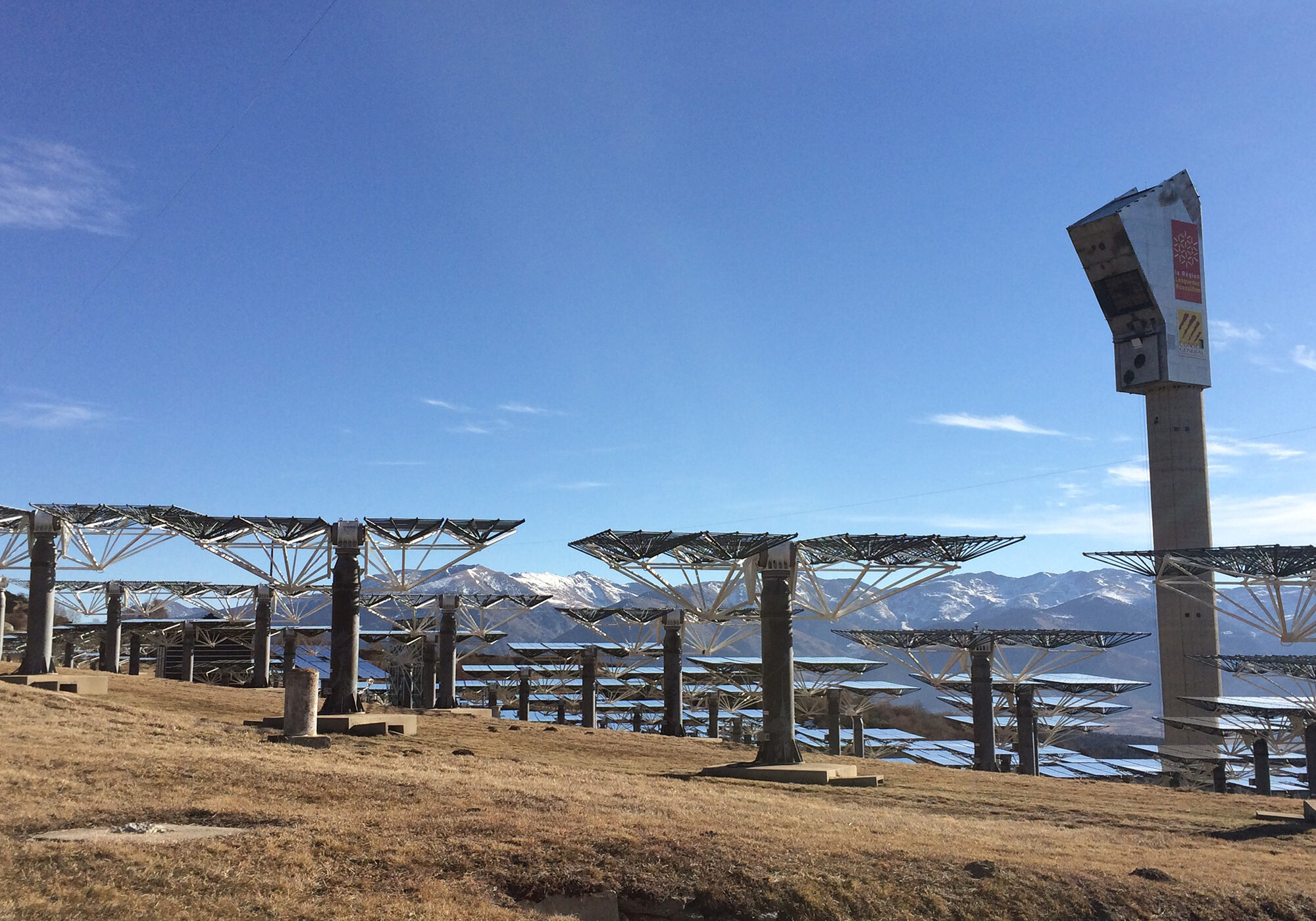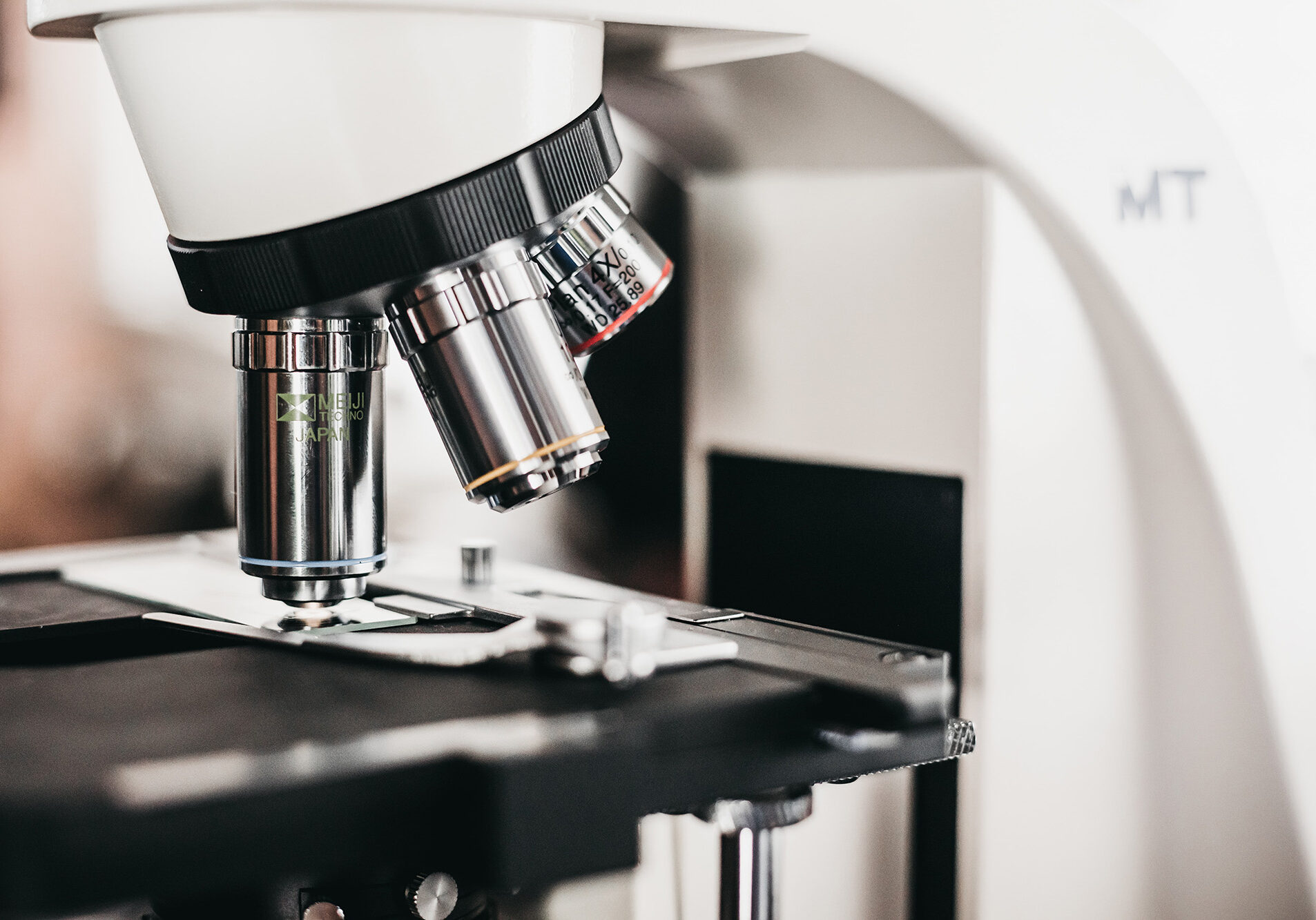Energy
COMPASS (2025–2029) is a Horizon Europe project funded under the Energy programme and cooordinated by France Energies Marines (France).
COMPASS aims to provide an innovative in-depth understanding of both global and local environmental and socio-economic impacts of Offshore Wind Farms (OWF) , fixed-bottom or floating. This will be done thanks to an open-source tool platform designed to address both local and global life cycle environmental and social impacts of OWF.
Entrepreneurship
SCALE'HER (2025-2027) is a Horizon Europe project funded under the European Innovation Ecosystems (EIE) programme. The consortium is coordinated by WonderFund (Sweden).
SCALE'HER aims to strengthen women-led start-ups in the strategic digital and deep tech sectors across Europe. The project focuses on growth, leadership development and networking to increase their visibility in the market and consolidate their links with relevant ecosystems and potential new markets.
Entrepreneurship
HER FUND (2024-2026) is a Horizon Europe project, funded under the "European Innovation Ecosystems" (EIE) program. The consortium is coordinated by the company The Edge (Bulgaria).
HER FUND is a pan-European network that aims to energise the European female entrepreneurial ecosystem by promoting knowledge sharing and synergies between gender-sensitive investors and female-led startups.
Transport
FALCON (2024-2028) is a Horizon Europe project funded under the call "Clean and competitive solutions for all transports modes". The consortium is coordinated by Aix-Marseille Université (France).
FALCON’s ambition is to enhance the design capabilities of the European industrial aircraft sector, focusing on fluid-structure interaction (FSI) phenomena to improve the aerodynamic performances of aircraft (unsteady loads).
Energy
FLOATFARM (2024-2027) is a Horizon Europe project, funded by the Energy programme, in continuation of the FLOATECH project (2021-2023).
Coordinated by TU Berlin, FLOATFARM aims to significantly advance the maturity and competitiveness of floating offshore wind (FOW) technology. FLOATFARM will pay special attention towards decreasing the negative environmental impacts on marine life and to enhancing the public acceptability of FOW farms.
Waste Management
WORM (2024-2025) is a 2-year collaborative project funded by Horizon Europe within the Cluster 6 on Bio-Environment. The consortium is coordinated by the Finnish University Hanken School of Economics.
WORM aims to design guidelines to implement circular economy practices within humanitarian operations, focusing on waste-related aspects in field hospitals and livelihood programmes.
Agriculture
DINOSAR (2024-2026) is a Horizon Europe project funded by the European Union Agency for the Space Programme (EUSPA) and coordinated by the dutch company eLEAF.
DINOSAR aims to develop multi-sensor operational monitoring using a Copernicus-based algorithm that will enable more sustainable management of crop fields and specifically sugar cane cultivation in Colombia.
Biodiversity
BioAgora (2022-2027) is a Horizon Europe project funded by Bio-Environment cluster. The consortium is coordinated by Syke, the Finnish Center for the Environment.
BioAgora aims to connect biodiversity knowledge and decision-makers, through the creation of the new Science Service for Biodiversity.
Energy
DECAGONE (2022-2026) is a Horizon Europe project funded by the Climate-Energy Cluster. The consortium is coordinated by ENERTIME.
The objective is to demonstrate the potential of ORC (Organic Rankine Cycle) technology for the recovery of waste heat in all sectors of European industry, and the interest of the ESCO (Energy service company) model to accelerate the diffusion of this technology.
CLOSED PROJECTS
Climate
SCORE (2021-2025) is a Horizon 2020 project funded under the Climate Action and Environment programme. The consortium is coordinated by ATU Sligo.
The project aims to establish an integrated coastal zone management framework for strengthening the Ecosystem-based Approach (EbA) and smart coastal city policies, creating European leadership in coastal city climate change adaptation in line with the Paris Agreement.
Infrastructures
Co-UDlabs (2021-2025) is a Horizon 2020 project funded under the Infrastructures programme.The consortium is coordinated by Universidade da Coruña.
CO-UDlabs aims at integrating R&I activities in the field of Urban Drainage Systems (UDS) to address pressing public health, flood risks and environmental challenges. 17 large scale research facilities of 7 Research Infrastructures (RI) will be integrated at European scale to offer the R&D community, water infrastructure operators and their supply chain high-quality laboratory and field facilities, human resources and improved data sharing platforms.
Energy
FLOATECH (2021-2024) is a Horizon 2020 project funded under the Energy programme. The consortium is coordinated by TU Berlin.
The project aims to increase the technical maturity and competitiveness of floating wind energy through two types of action. The development of a design engineering tool (QBlade), as well as two innovative control techniques for floating wind turbines and floaters.
Energy
SFERA-III (2019-2023) is a Horizon 2020 project funded under the Infrastructures programme. The consortium is coordinated by CEMIAT.
SFERA-III aims at supporting transnational access to Concentrating Solar Power (CSP) research infrastructures for scientists from the academy and the industry. This is the 3rd phase of the SFERA project, supported by the EU since FP6.
Infrastructures
ESTEEM3 (2019-2023) was a Horizon 2020 project funded under the Infrastructures programme. The consortium was coordinated by the Max-Planck Institute. The project was the 3rd phase of ESTEEM supported by the EU since the 6th Framework Programme.
ESTEEM3 aimed at supporting transnational access for scientists from both academic and private sectors to the most powerful Transmission Electron Microscopy (TEM) facilities in Europe.
Energy
POLYPHEM (2018-2022) is a Horizon 2020 project funded under the Energy programme and coordinated by CNRS.
POLYPHEM aims at improving the flexibility and the performance of small-scale Concentrated Solar Power plants, thanks to a solar-driven micro gas-turbine technology. As a final result, the project will build a 60 kW prototype plant with a 2 MWh thermal storage unit and will validate this innovative power cycle in a relevant environment (TRL 5).
Materials
ESSIAL (2017-2022) is a Horizon 2020 project funded under the Factories of the Future programme. The consortium is coordinated by ESIEE Amiens - School of Electronics and Electrical Engineering.
The project will use laser technologies to develop new generation of electrical steels. ESSIAL pursues 3 main goals: 1. to improve the energy conversion efficiency through soft magnetic circuits; 2. to control and reduce the mechanical vibrations and the acoustic noise; and 3. to ease the deposition / removal of insulation in respect to the eco-design criteria.
Energy
Next-CSP (2016-2021) was a H2020 project funded under the Energy programme and coordinated by CNRS.
The Next-CSP project aimed at developing a prototype 1.2 MWe Concentrated Solar Power plant that uses solid particles as both heat transfer and storage medium. The project paved the way towards the commercial developments of this technology by studying its scale-up to industrial size.
Energy
SOLPART (2016-2019) project is a Horizon 2020 project funded under the Energy programme. The consortium is coordinated by CNRS.
The main objective of the SOLPART project is to develop, at the pilot scale, a high temperature (950°C) 24h/day solar process suitable for particle treatment in energy intensive industries (e.g. cement or lime industries).
Energy
ORC-PLUS (2015-2019) is a H2020 project funded under the Energy programme. The consortium is coordinated by ENEA.
The ORC-PLUS project aims at developing an optimized combination of innovative Thermal Energy Storage (optimized for the CSP scale 1-5 MWe) and engineering solutions necessary to improve the dispatchability and hours of production of an existing small Concentrated Solar Power plant, located in a desert areas and coupled with an ORC system. The final result was an industrial pilot plant used to validate the technology in a real operational environment and to demonstrate its feasibility.
Infrastructures
ESTEEM2 (2012-2016) is a project of the 7th Framework Programme (FP7) of the European Commission funded by the Infrastructures programme. The consortium is coordinated by CNRS.
The main aim of ESTEEM2 is to provide access for the academic and industrial research community in the physical sciences to some of the most powerful characterization techniques available at the nano scale, through a European infrastructures network in electron microscopy.




